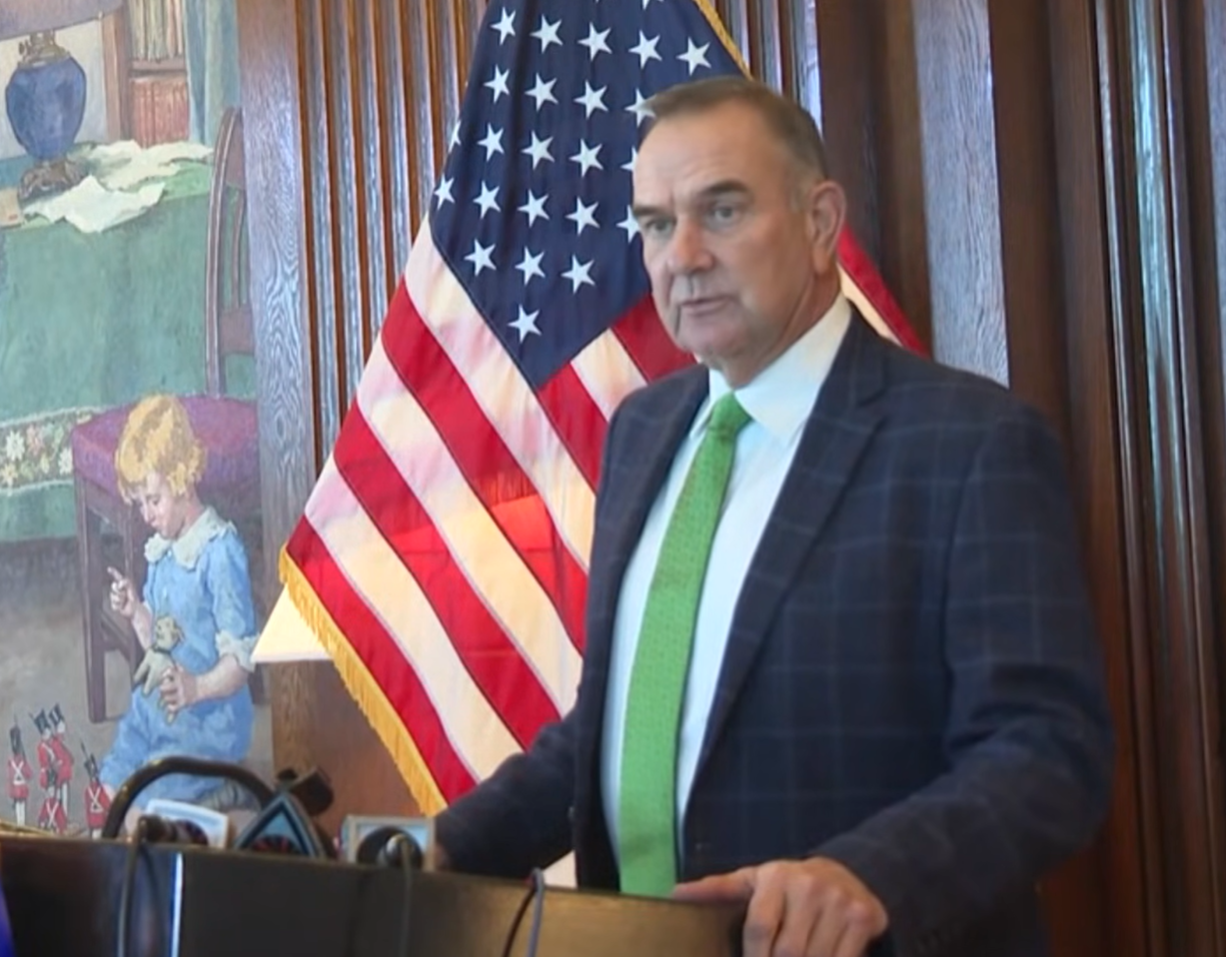Marketplace facilitators may be responsible for collecting and remitting tax on third-party sales as early as October 1, 2020.
Currently, marketplaces in Kansas aren’t responsible for tax on all sales made through their platform — just for the tax on their direct sales. Since marketplace sellers may not be collecting tax on those sales either, Kansas is missing out on a significant chunk of change. Governor Laura Kelly’s 2021 budget proposal predicts the State General Fund would increase by $22.4 million in FY 2021 if marketplace facilitators collected and remitted sales tax on third-party sales.
Kansas isn’t the first to come up with this idea. In fact, 39 states (including Washington, D.C.) have already adopted marketplace facilitator laws.
According to the Multistate Tax Commission, marketplace legislation “offers states a highly effective, efficient way to achieve enhanced tax compliance in the rapidly expanding area of marketplace sales.” The main reason for this is states deal with one seller (the marketplace facilitator) rather than many (the marketplace sellers) but still reap the revenue from all those individual transactions.
Which remote retailers are liable for Kansas sales tax?
Retailers are required to collect and remit Kansas sales tax if they have nexus — a connection between a business and a taxing authority substantial enough to create a tax obligation.
In every state, sales tax nexus is established when a business has a physical presence in the state. But on June 21, 2018, the Supreme Court of the United States ruled that physical presence in a state is no longer the sole requisite for sales tax collection (South Dakota v. Wayfair, Inc.). Consequently, nexus can now be established through a remote seller’s sales into the state (economic nexus) in addition to physical presence.
Although Kansas is counted among the more than 43 states that have adopted economic nexus since the Wayfair decision, the situation in Kansas is somewhat unique.
In a stunning display of verve, the Kansas Department of Revenue took an extreme stance after a newly enacted economic nexus bill was vetoed last year. The department says Wayfair allows it to require any remote seller to collect and remit sales tax under an existing statute. Thus, as of October 1, 2019, “Kansas can, and does, require online and other remote sellers with no physical presence in Kansas to collect and remit the applicable sales or use tax.”
In theory, just one sale can trigger a Kansas sales tax collection obligation for a remote seller. In practice, it’s unclear how actively the department is pursuing very small businesses. A marketplace facilitator law would bring in sales tax revenue from marketplace sellers of all sizes — from the very large to the very small — with less hassle for the state.
Is Kansas ready for a marketplace facilitator law?
Maybe. Maybe not.
About this time last year, the Kansas Legislature introduced a bill seeking to require marketplace facilitators to collect and remit sales tax on their third-party sales. It also sought to tax the sale of digital products. The bill never made it out of the Committee on Taxation.
Whether the support needed for a marketplace facilitator sales tax exists remains to be seen. In the meantime, you can learn more about sales tax collection requirements in all states in our seller’s guide to nexus laws.
=======
Gail Cole has been researching, writing, and reporting tax news for Avalara since 2012. She’s on a mission to uncover unusual tax facts and make complex laws and legislation more digestible for accounting and business professionals — or anyone interested in learning about tax compliance.
Thanks for reading CPA Practice Advisor!
Subscribe Already registered? Log In
Need more information? Read the FAQs
Tags: Sales Tax





